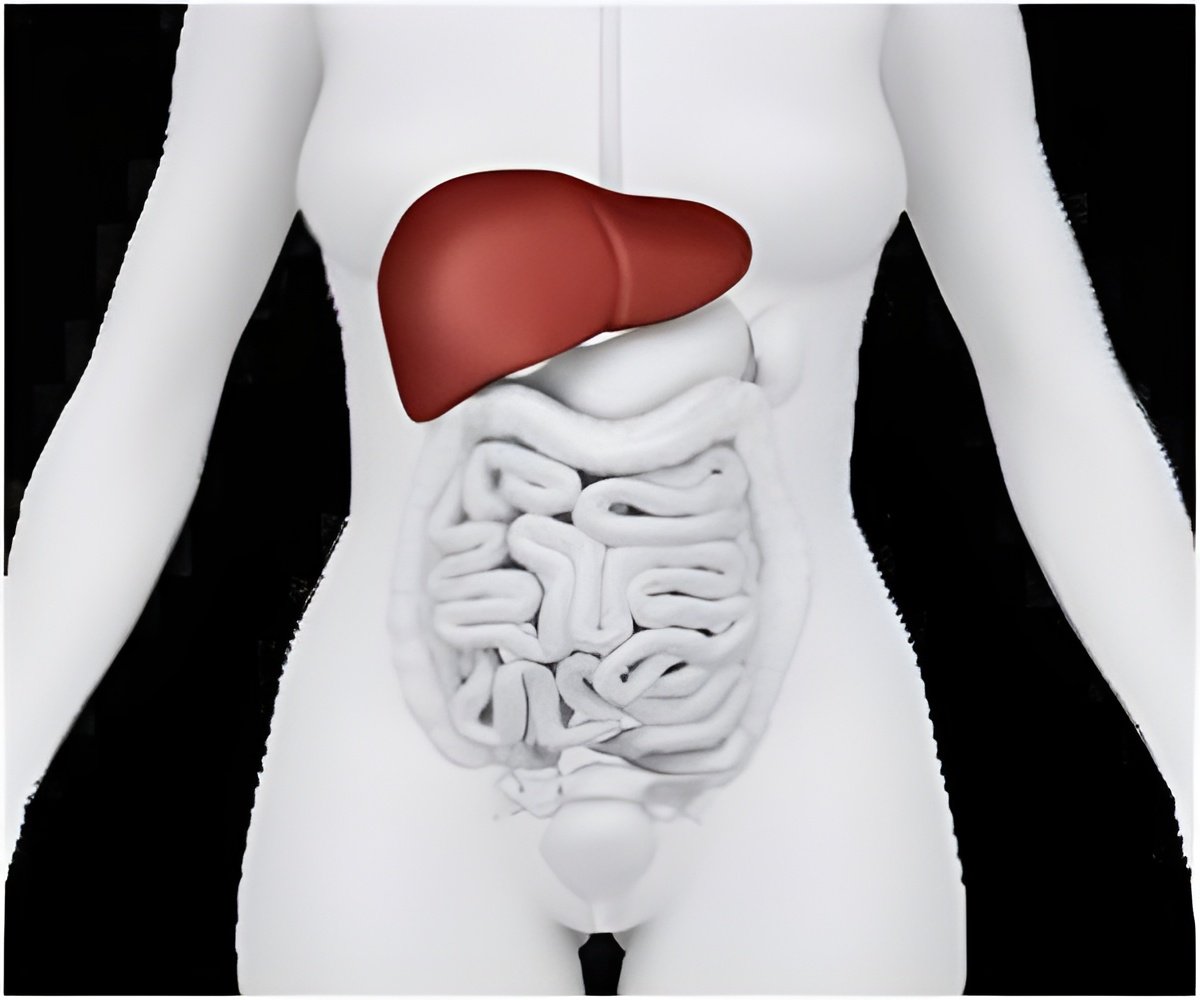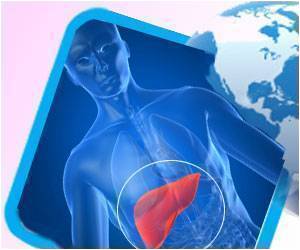Researchers have reported that altering the body's metabolism could be an effective treatment for deadly liver cancer.

"The principle that we demonstrated is that if we change the metabolism, we can interfere with tumour growth," said Moskophidis, co-corresponding author on the study.
GHSU scientists accomplished this by removing HSF1 from the mice; HSF1 inhibitors are under development because of their potential for treating a variety of other cancers such as breast, prostate and kidney cancers.
Removing HSF1 thwarts liver cancer by decreasing access to two critical elements: glucose and lipids or fats.
The study is detailed in Cell Metabolism.
Source-ANI















